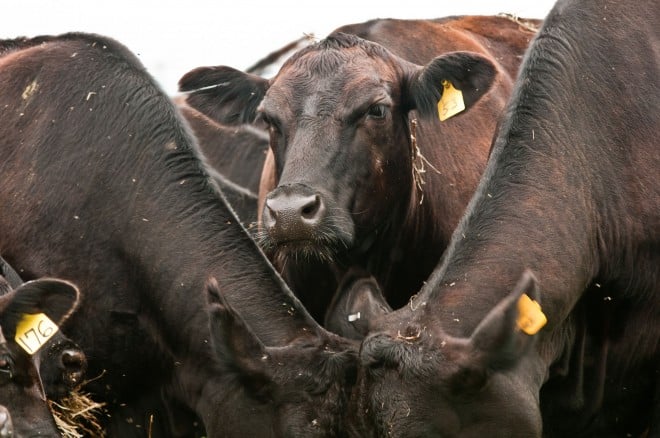
USDA Photos by Lance Cheung/Flickr
In my first take on the news of the FDA finalizing its request to agriculture to stop using growth-promoter antibiotics, I promised to come back for a more thoughtful reaction. And then this happened, and this happened, and the holidays happened, and, well, it’s been a busy few weeks.
So, finally getting back to it: When the news broke, a number of people, including me, said that this was a long-awaited first step on the part of the FDA, but of uncertain ultimate impact because it asks for voluntary action and does not address whether the drugs simply can be relabeled. I still agree with both those points, but think the possibly most important issue — which I raised briefly in the first post — is that merely removing antibiotics, without changing the system in which those antibiotics have been administered, may cause significant animal-welfare problems, without having any real effect on human health.
(If you’d like the short version of this, listen to my chat with NPR’s Weekend All Things Considered.)









